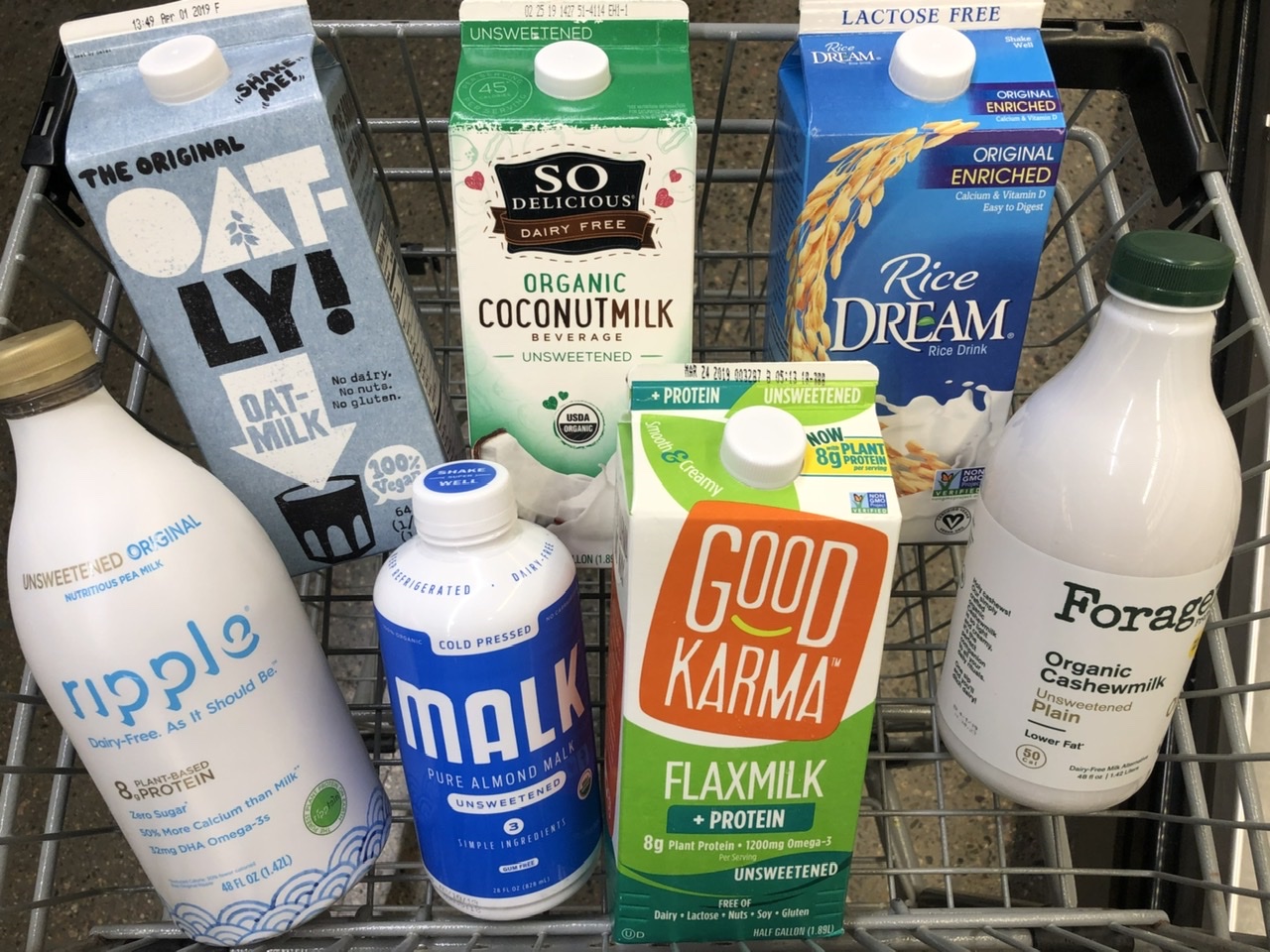
- Sustainable Planet -
- 7mins -
- 258 views
3 urgent reasons to add plant-based milks to the European school scheme
After decades of misinformation by the dairy industry it’s time for a radical change, where plant-based milk should be the standard for schools — it’s more inclusive, better for the planet, and of course much kinder to animals.
To include everyone, bring plant-based milk to EU schools
If Europe is serious about offering students a healthy and sustainable diet, calcium-fortified, plant-based milk should be the standard for schools. A petition to the EU Commission puts forward three urgent reasons to urge the Commission to add calcium-fortified plant-based milks as eligible products to the European school fruit, vegetables and milk scheme.
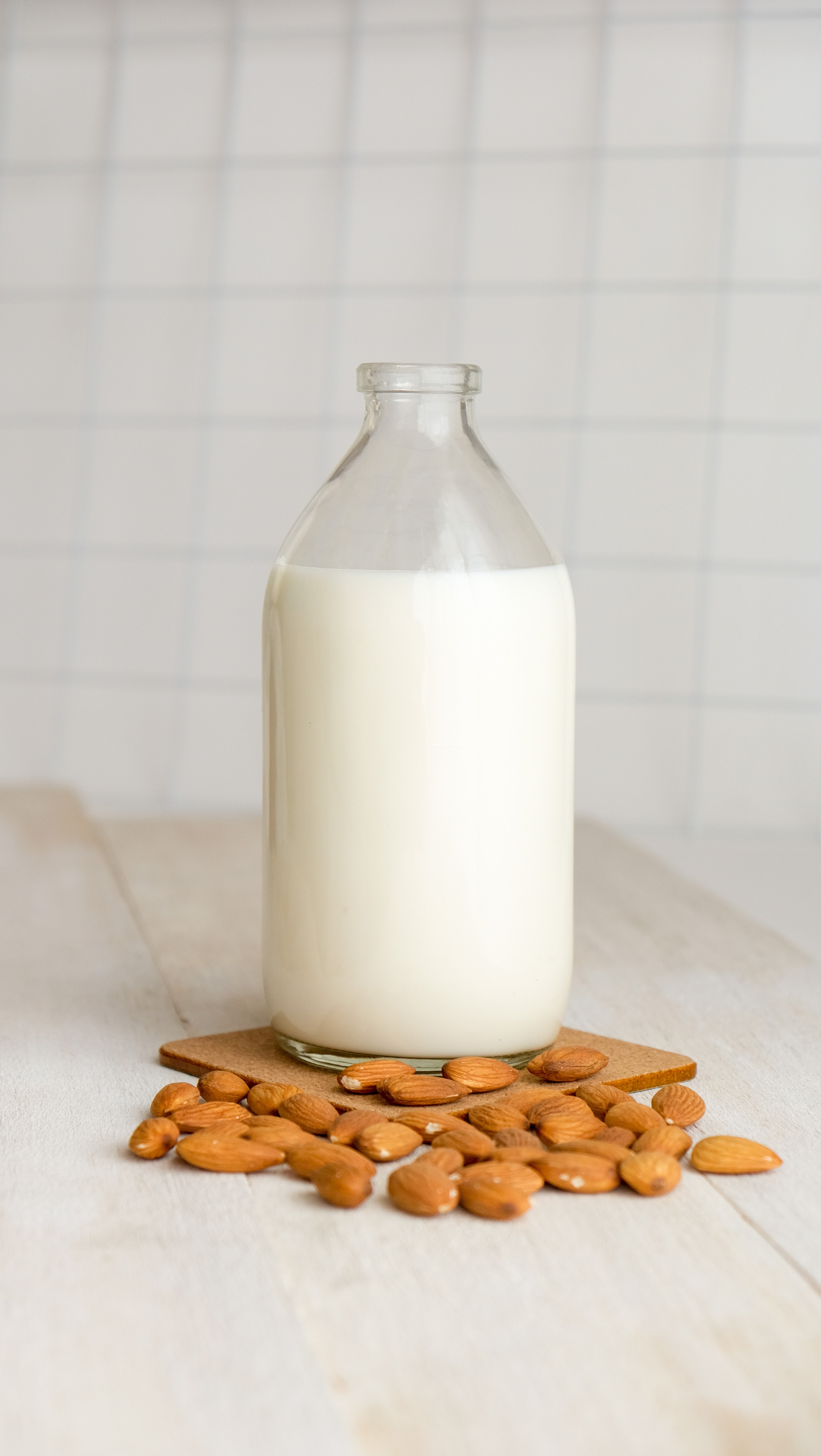
Three urgent reasons To Bring plant-based milk to EU schools
Alternatives to dairy milk should be added to the School Scheme for the following reasons:
1. PROMOTE INCLUSIVITY AT SCHOOL MEAL TIMES
Lactose intolerance
Some students opt for plant-based milks because their bodies have difficulty breaking down lactose, a type of sugar found in cow’s milk. Globally, about 68% of people are lactose intolerant. So it’s really important that children have the choice to drink plant-based milk at lunchtime. It is also important to note that most Asian, African and Indigenous people are lactose intolerant, so adding plant-based milk to the school scheme contributes to inclusivity. There’s also Cow’s Milk Allergy (CMA), which can cause mild as well as life-threatening conditions. Plant-based milk offers an alternative for those children who suffer from CMA.
2. PROTECT OUR PLANET
Plant-based drinks and the environment
Our young people’s future is directly threatened by the climate crisis. So some students opt for plant-based drinks to reduce their environmental impact. There’s an urgent environmental need for this shift towards plant-based milks since the Food and Agriculture Organisation (FAO) of the United Nations has stated that the livestock sector, especially cows for dairy and beef, is a significant contributor to climate change.
In comparison to the different varieties of plant milk, cow’s milk has the biggest environmental impact in terms of greenhouse gas emissions and land and water use. For example, a litre of cow’s milk requires more than 22 times more water and roughly 12 times more land, and emits three times more greenhouse gas emissions than a litre of soya milk. Other types of plant milk such as oat and rice milk are similarly sustainable.
3. GO CRUELTY-FREE
Animal welfare considerations
Animal welfare is an increasing concern in Europe, including among its young people. For this reason, some students opt for plant-based milk because it’s cruelty-free. On many dairy farms, cows live in cramped stalls, unable to walk, turn around, groom, look to the side, or interact with other herd members in a natural way. There is a growing awareness among children of the animal-welfare implications of drinking milk. Having access to plant-based alternatives allows students to drink milk that does not negatively affect the welfare of animals.
Source: SchoolMilk.org
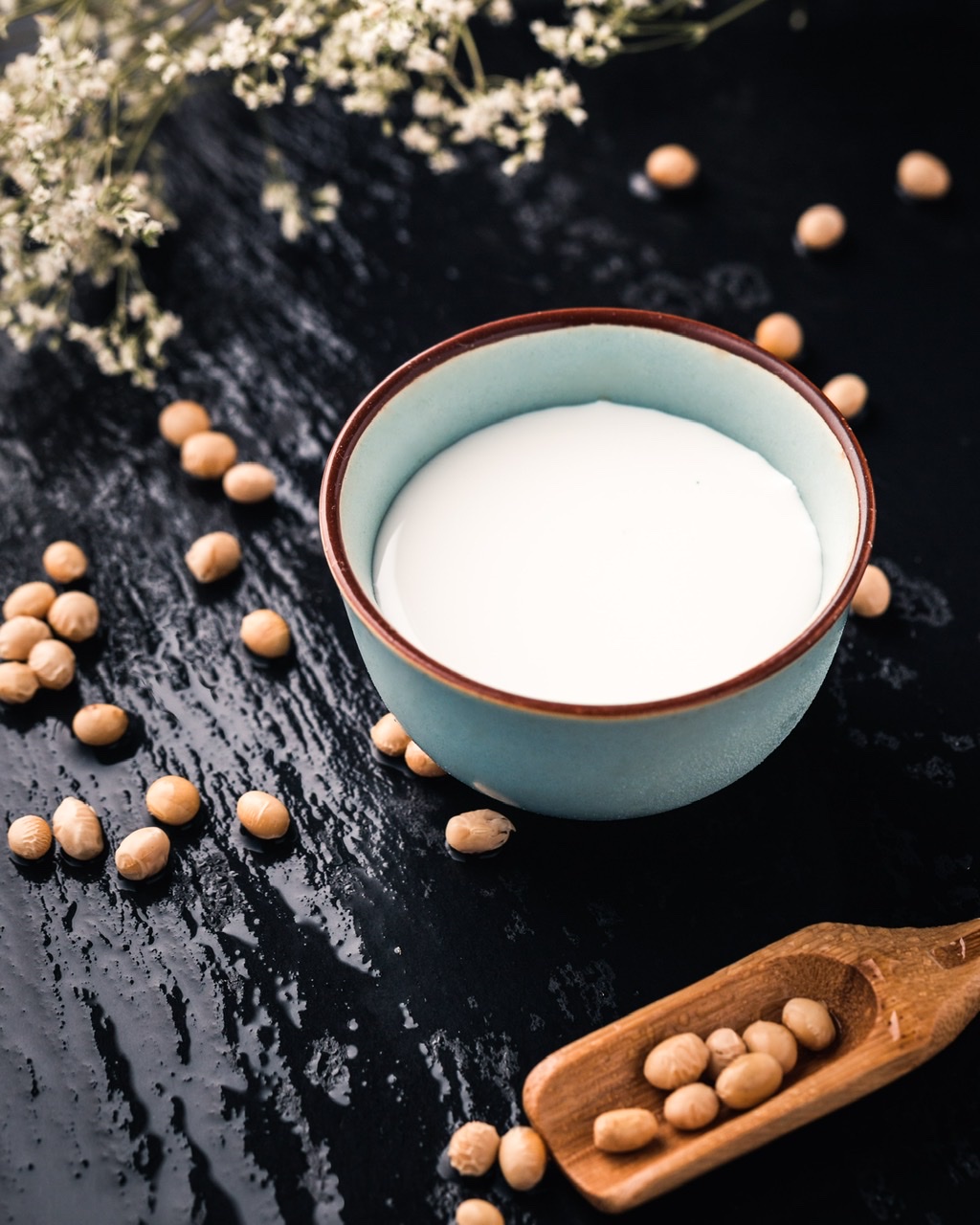
report finds 55% of primary aged children in UK drinking milk at school
According to a recent article published by LACA, the leading professional body representing over 1000 members drawn from across the school food sector, new research from food packaging company Tetra Pak found that 55% of primary aged children in the UK are currently drinking milk at school, with levels decreased further in children aged nine and older.
In the report, ‘Making More of Milk’, it suggests that 28% of parents say the main reason their kids are not drinking milk in school is because they are unaware their children their children are eligible for free or subsidised milk.
Stefan Fageräng, managing director north west Europe at Tetra Pak, said: “Children need a healthy balanced diet and, as milk is a rich source of protein, calcium, vitamin B12 and iodine, it is and should continue to be a key part of our children’s daily diet for a healthier future.
“School milk needs to be safeguarded and policy best practice shared across different parts of the UK to encourage greater uptake.”
The report also found 89% of parents and 93% of teachers should be eligible for free school milk. The report calls for free school milk to be available for all reception children for the complete school year, rather than until the child’s fifth birthday.
The report shows that, while government and European health schemes provide support, they do not ensure all school children have access to milk at school. Currently 30% of teachers say their school is not making low fat milk available at least once a day, despite guidance to do so included within the School Food Standards.
The ‘Making More of Milk’ report can be viewed and downloaded here.
Source: LACA.co.uk
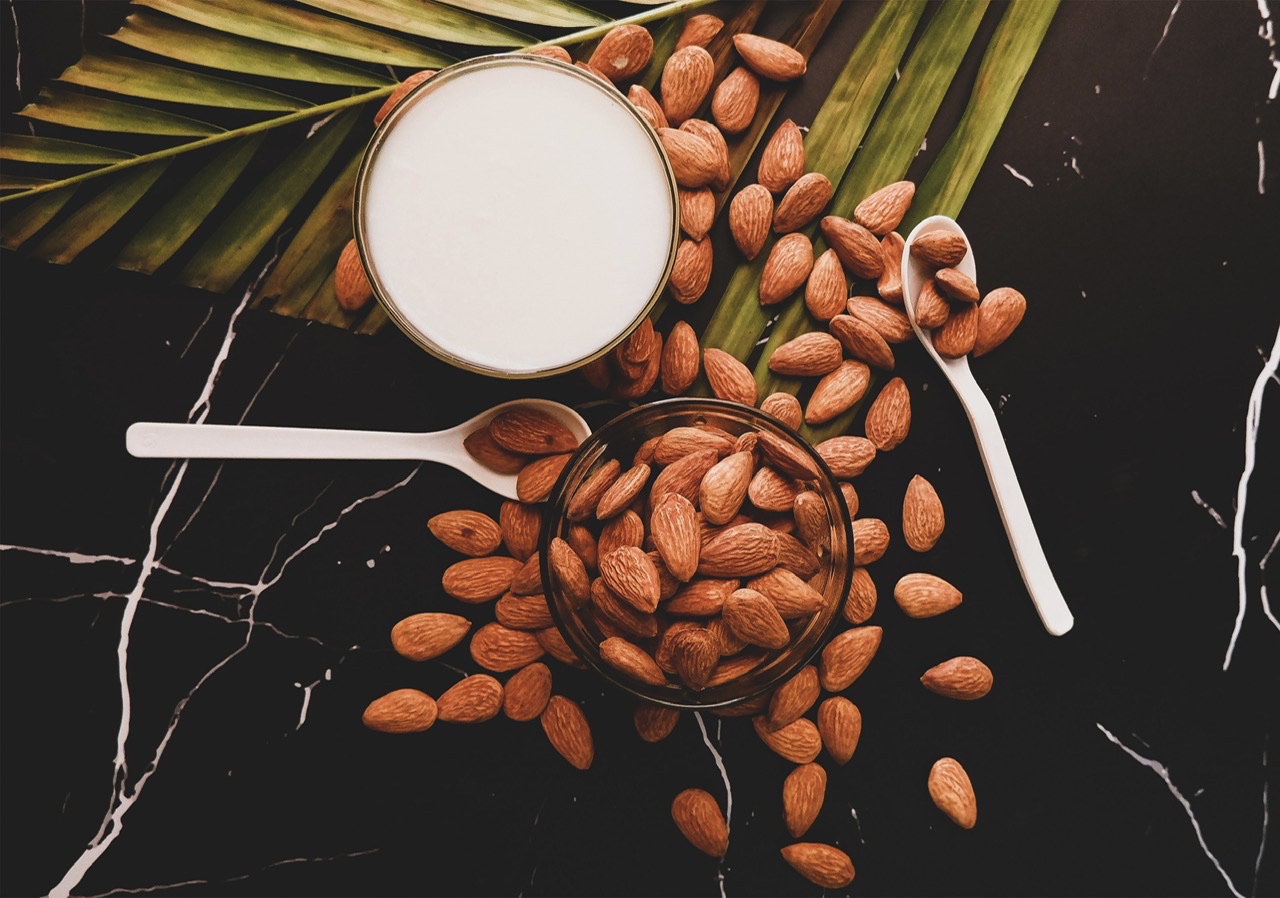
Plant-Based Milk Controversy & Why Cow’s Milk Should NOT Be Recommended for kids
Recently there has been an influx of debate through media on plant-based milk and cow’s milk, especially when it comes to children. An article in VegNews referenced “The Physicians Committee for Responsible Medicine (PCRM) – a medical group that counts 12,000 doctor members – issued a demand to American Heart Association (AHA) President Robert Harrington, MD to withdraw AHA’s recommendation for children to consume cow’s milk.”
The T. Colin Campbell Center for Nutrition Studies (CNS) agrees with the stance of PCRM, and provides people with an education and resources on how a whole food, plant-based diet is the best choice for healthy living and disease prevention in both children and adults.
Dr. T. Colin Campbell stated, “Conversations like this one around milk make up for about 99 percent of nutritional debates. But, there is something greater that supersedes this conversation. It is the larger debate around nutrition and how it has a personal cause and effect on an individual. The argument isn’t around milk, or what kind of milk, the conversation should be around what you eat holistically – and the best choice, based on scientific evidence, is whole food, plant-based.”
“I always tell my patients that to be at their healthiest they should follow a whole food, plant-based diet,” said Michael Hollie, MD and CNS Board Member. “Federal laws mandate that all schools will provide children with milk at each meal or face the loss of federal funds. Those responsible for this mandate have chosen to ignore the fact that up to 90 percent of African American, 70 percent of Asian, and 15 percent of Caucasian children are unable to digest the sugar (lactose) in milk. We need to work together to make plant-based milk and food accessible to everyone, as it is a better choice, for adults and children.”
Source: NutritionStudies.org
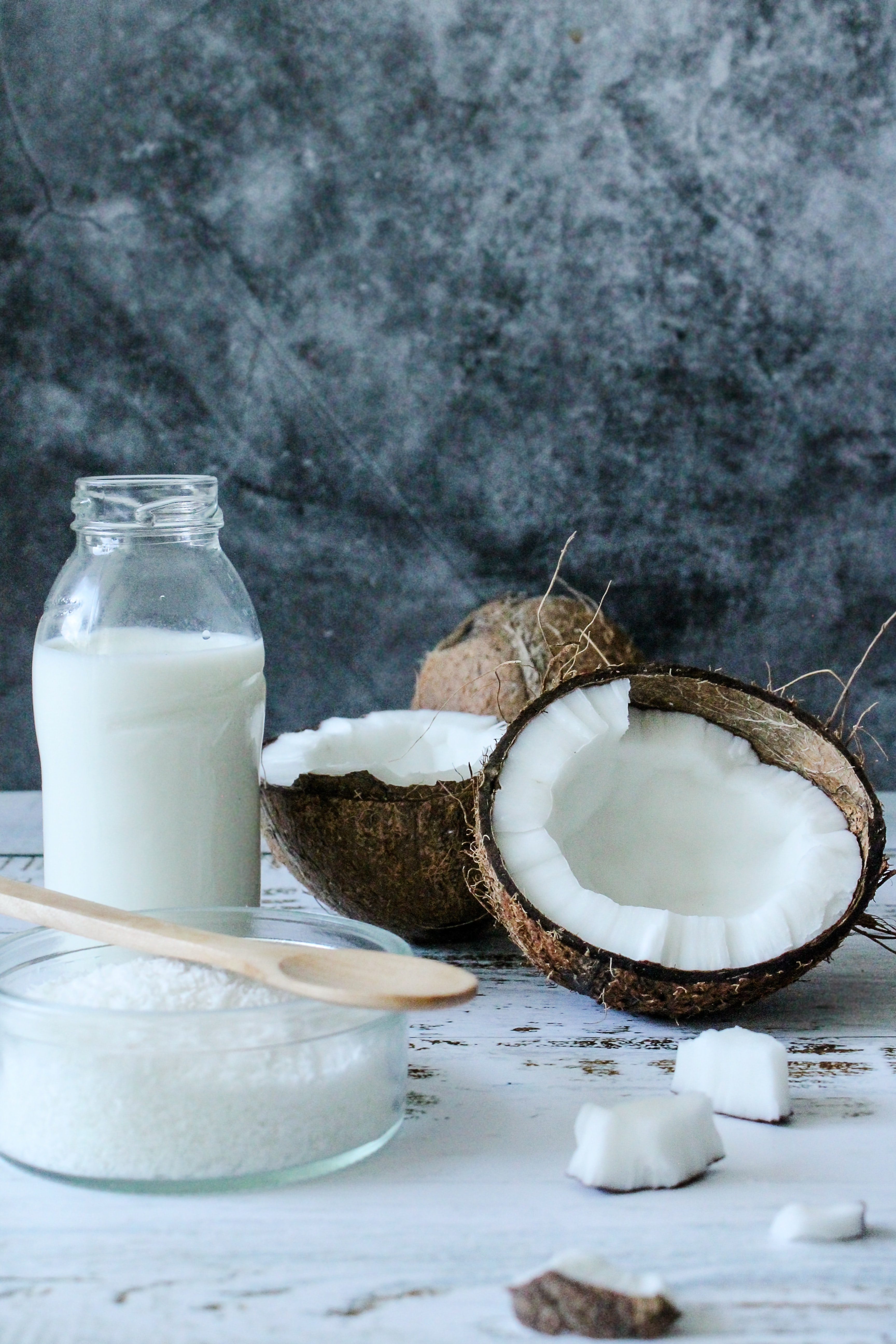
A plethora of plant-based milks are available
If looking for plant-based milk options, there are many types to choose from – almond, soy, hemp, quinoa, rice, oat, coconut, and cashew to name a few. Here are a few tips from Dr. Campbell, Dr. Hollie and CNS when choosing a plant-based milk for you and your children.
- Choose unsweetened milks only and avoid varieties that are high in sugar despite having no added sugar (namely oat and rice).
- Many people new to plant-based diets are not consuming significant amounts of greens and beans every day, as we all should be. Thus, they may not be consuming enough calcium. Learn about plant-based diets and calcium. We recommend a serving a day of a fortified plant milk containing added calcium. Choose brands fortified with calcium unless you are confident you are consuming plenty of dark leafy greens and beans every day.
- Drinking more is not better. Have a serving or two a day for cereal, perhaps as a drink ingredient, or for cooking and baking, but don’t overdo it.
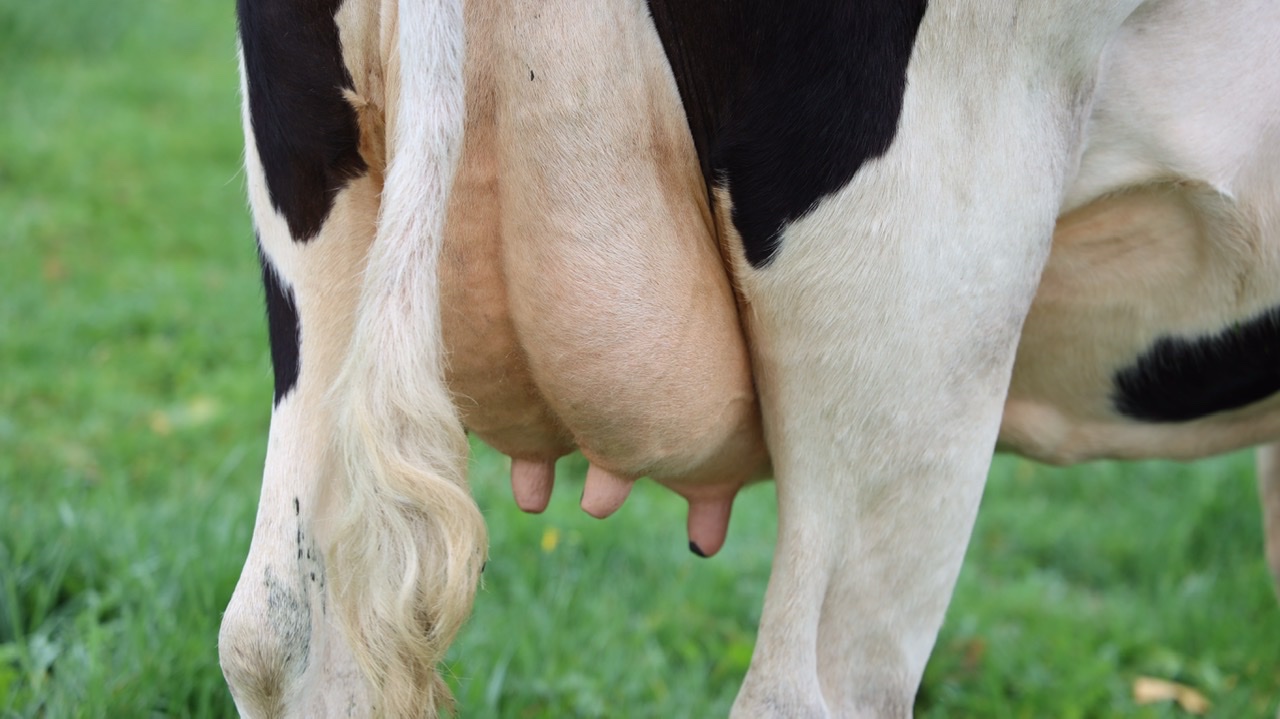
Compared to 1 cup of whole fat, cow milk:
- Oat milk has almost as many calories as cow milk (130 vs. 148). Almond, rice, coconut, hemp, and cashew milk are lower in calories.
- Most have 25-63% of the fat of cow milk, with the exception of Hemp (8 g)
- All are lower in sugar (<3 g) except for Oat and Hazelnut (17 g and 13 g vs. 12 g)
- All are lower in protein except Soybean, Pea, and Flaxseed (9 g, 8g, and 8 g. vs. 8 g)
- All have comparable sodium except coconut, which is much lower (15 mg vs. 105 mg)
- Pea protein milk has more potassium than cow milk (450 vs. 322 mg); soy is comparable (390 mg)
- Almond, pea, and flaxseed milk have more calcium than cow milk (560, 560, 450 mg vs. 425 mg)
